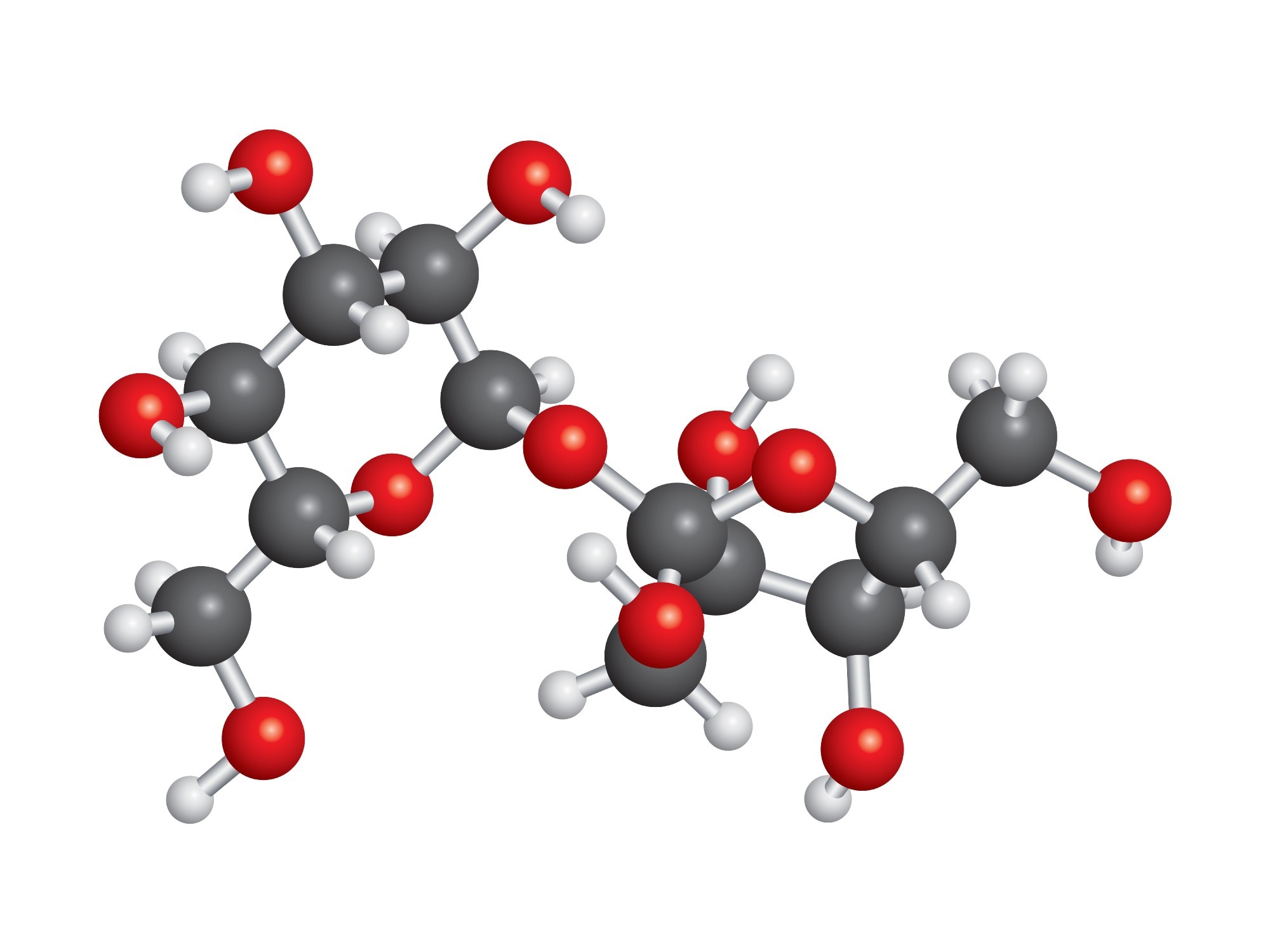High-Performance Polymers: Advanced Materials for Market
High-Performance Polymers: Advanced Materials for Market
Blog Article
Discovering the Varied Applications and Benefits of Polymers in Different Industries
Polymers, with their diverse variety of buildings and performances, have become essential in numerous sectors, each reaping unique gain from their application. Polymers. From boosting security and performance in the automotive sector to changing medical gadgets in the health care industry, polymers play a critical function. Their eco-friendly nature is altering the landscape of sustainability practices. As we look into the midsts of polymers in electronic devices, we discover cutting-edge advancements, while their architectural stability transforms the realm of building and construction and facilities. The pervasive influence of polymers across sectors is a testament to their adaptability and versatility, shaping the future of countless industries.
Automotive Field Applications
Polymers play a critical duty in improving the efficiency and sturdiness of different components within the auto industry. These functional products are extensively used in the manufacturing of different components, ranging from indoor parts to under-the-hood applications. One noticeable use polymers in the automobile industry remains in the manufacturing of light-weight elements. By replacing typical steel get rid of polymer-based options, vehicles can attain better gas performance without jeopardizing on strength or safety and security.

Health Care Sector Benefits
In different medical care applications, the advantages of making use of polymers are extensively identified for their diverse array of valuable residential or commercial properties. Polymers play an important duty in the health care market as a result of their adaptability, biocompatibility, and cost-effectiveness. One of the main benefits of polymers in medical care is their capability to be tailored to particular requirements, such as flexibility, sturdiness, and biodegradability, making them excellent for a wide variety of medical applications.
Polymer-based materials are thoroughly utilized in medical tools, such as catheters, implants, prosthetics, and medication distribution systems, as a result of their biocompatibility and capacity to simulate natural cells. These products can minimize the threat of allergic reactions or rejections, improving person safety and security and results. In addition, polymers are light-weight, making them ideal for wearable clinical devices and making sure patient comfort.
Furthermore, polymers make it possible for the advancement of ingenious therapy techniques, such as hydrogels for cells engineering and nanocomposites for targeted drug distribution. Their ease of processing and sanitation makes them crucial for preserving high standards of health in healthcare setups. On the whole, the diverse advantages of polymers add significantly to advancements in medical technology and patient treatment.
Ecological Advantages of Polymers

In addition, polymers can add to power cost savings due to their lightweight nature. In markets such as transportation, lightweight polymer materials can help in reducing gas intake and greenhouse gas exhausts. Additionally, polymers can enable from this source the advancement of energy-efficient items such as insulation products that enhance energy conservation in structures.
Additionally, polymers play a crucial role in minimizing water pollution. As an example, the use of polymer-based filtering systems can efficiently remove pollutants and impurities from wastewater, protecting water resources and ecosystems. On the whole, the environmental benefits of polymers make them important properties in advertising sustainability and eco-friendly methods throughout numerous markets.
Polymers in Electronic Devices and Modern Technology
Considering the boosting need for ingenious and lasting options in modern-day sectors, the integration of innovative polymer technologies in the world of electronics and modern technology has actually become an essential strategy for driving efficiency and efficiency. Polymers have changed the electronics sector by enabling the manufacturing of lighter, more versatile, and durable digital devices. From mobile phones to medical gadgets, polymers play a vital function in boosting product design and capability.
One considerable advantage of polymers in electronic devices is their shielding residential properties, which help protect delicate digital elements from ecological factors and electric interference. In addition, polymers are necessary in the growth of flexible screens, wearable modern technology, and printed electronics, offering unlimited opportunities for creating clever and interconnected tools.
Furthermore, using polymers in digital product packaging has resulted in developments in miniaturization and thermal monitoring, improving the total performance and dependability of electronic systems. As technology proceeds to evolve, the convenience and adaptability of polymers will unquestionably drive further technology in the electronics industry, shaping the future of technology.
Role of Polymers in Construction and Framework
The integration of sophisticated polymer materials in building and facilities projects has transformed the method frameworks are designed and constructed in contemporary times. Polymers supply many advantages in the building market as a result of their flexibility, longevity, and cost-effectiveness. One key function of polymers in building and construction is their use Related Site in coatings and sealers, providing security against environmental elements such as moisture, UV radiation, and deterioration. In addition, polymers are used in the manufacturing of lightweight and high-strength composite products, boosting the architectural integrity of buildings while minimizing general weight.
Moreover, polymers play an essential role in lasting construction practices by making it possible for the growth of energy-efficient structures. Shielding products made from polymers aid control indoor temperatures, reducing the requirement for heating and cooling systems and inevitably reducing energy intake - Polymers.
Conclusion
In conclusion, polymers play a critical role in different sectors such as automobile, medical care, environmental, electronic devices, and building. Their flexible buildings make them important in developing cutting-edge solutions and items. From boosting gas effectiveness in vehicles to enhancing medical tools, polymers use various benefits. Furthermore, their impact on decreasing waste and advertising sustainability highlights their value in contemporary applications. The widespread use of polymers demonstrates their substantial contribution to advancing innovation and improving lifestyle.
Report this page